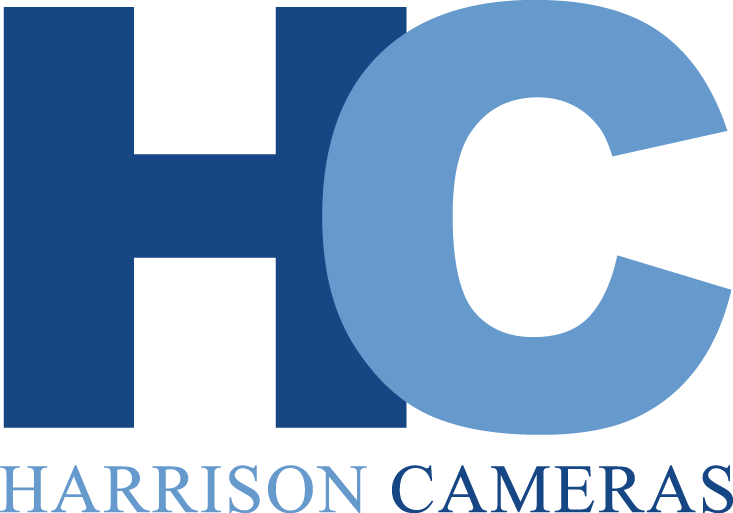
Astrophotography is an amazing form of photography that allows you to capture photos of the night sky and objects such as the Moon, Sun, star clusters and planets. Normally invisible to the human eye, these amazing images allow us to see beyond our world. Read our astrophotography guide.
What is Astrophotography?
Astrophotography, put simply, is photography of astronomical objects such as stars, galaxies and the moon, using both telescopes and “normal cameras”. Dr J W Draper, was the first person to take a detailed daguerreotype of the full moon in 1840 (see below). A daguerreotype was the first commercially successful photographic process, made on silver coppered paper.
What Equipment do I need for Astrophotography?
It is important to know that Astrophotography can be achieved with most cameras and a telescope, though this is not always needed. The equipment listed below is a great way to get started with astrophotography:
DSLRs (digital single-lens reflex cameras) offer flexibility, which is great for when it comes to astrophotography. You can use DSLR Cameras to shoot just about anything, including video, sports, wildlife, family shots and more. They are efficient and cover all bases, perfect for both the beginner and expert photographer.
Any DSLR cameras made in recent years works well for astrophotography - the technical quality of today's DSLRs are so good that it ultimately depends on the photographer how well the photo turns out.
There is a range of telescopes that you can get for astrophotography. For normal visual observing, many people use the larger telescopes, because they gather more light, meaning you can see faint astronomical objects. However, you don't need a large telescope for astrophotography. In fact, for beginners, a really small telescope (65mm or 80mm refractor) is recommended, as they provide lower magnifications, a wider field of view, and a much brighter image.
For beginners, it is actually better to first use lenses for astrophotography, as they often come with the camera, and you can practice before buying a telescope. Lenses can reach wider fields of vision, and are able to hone in on objects in the night sky. Our collection of Rangefinder lenses are perfect for astrophotography, as they successfully balance extreme wide angle photography, along with the very best optical quality and compact design.
Camera Settings For Astrophotography
An important element in successful astrophotography is how the camera is set up, with emphasis on the ISO setting and shutter speed.
ISO Setting
When attempting to take photos of the night sky, the ISO setting is key. The ISO setting on the camera marks the film's ability to capture images taken in low light. Therefore, increasing this setting ensures a DSLR can detect objects in the sky.
High ISO image capture is vital, but it may require some fine-tuning to get the right amount, as too much can lead to unwanted noise in the imagery.
Shutter Speed
Similarly, astrophotography requires the right shutter speed to ensure there’s enough light on your camera’s sensor. You tend to find that increasing the shutter speed will render more stars visible in the shot – all the small points of light will be picked up on screen, which you cannot see with the naked eye.
Smartphones
Many smartphones can perform entry-level astrophotography, while some offer the ability to take long exposures, meaning you can pick up star trails in detail. However, most smartphone cameras perform at an average level, so it is best to use a camera.
Extra Advice
There are some extra factors you should take into account when it comes to planning for astrophotography, including:
Location
Doing a quick Google search of your area to find out where the best spots are. If in doubt, go exploring during the day. As well as this, take into account where the stars are to give your photos the best chance of success.
Patience
Don’t be disheartened if your first set of photos look distant and blurry, rather than a clear, galactic view. Practice makes perfect.
If you have any questions about astrophotography or what equipment to use, contact us on 0114 2859854, or visit us in store.

































